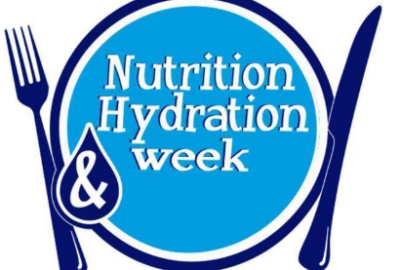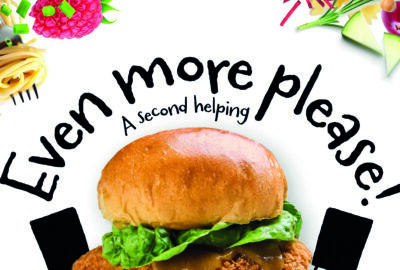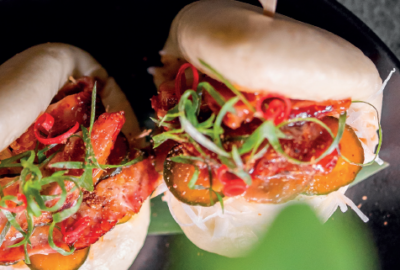Help end child hunger during World Food Week Unilever Food Solutions and Country Range Group are hoping to fund 23,000 meals School catering teams are being encouraged to organise special events in October to raise awareness and money for the World Food Programme. Fundraising ideas include themed menus with dishes from around the globe, cake sales and raffles – and, at the same time, help children in the UK and Ireland understand how privileged they are.
Unilever Food Solutions (UFS) is leading the charge and is hoping to raise at least 200,000 meals for the World Food Programme’s School Feeding Project. The World Food Programme is the largest humanitarian agency fighting hunger worldwide. It is the food arm of the United Nations and is funded entirely by voluntary donations.
The Country Range Group is promoting the campaign to school customers and for every case of Knorr Create More concentrated sauces or Knorr Ethnic Pastes sold into schools up to October 31, UFS will donate 10 meals to the School Meals Project in Indonesia. Schools are also being urged to organise events as part of World Food Week, which runs from October 13-17.
James Alfred channel marketing manager at UFS says:
James Allred, channel marketing manager at UFS, visited Indonesia last November to see first hand the impact the programme is having on the lives of school children. He said: “The perception is that Indonesia is a G20 country and holiday destination like Bali but the truth is there are a large number of islands on the far eastern side in the ‘Ring of Fire’, an area which is prone to tsunamis, earthquake, volcanoes and droughts. The land is incredibly rugged which makes growing incredibly difficult and the extremes of the seasons makes building a sustainable framework very difficult. “I visited three schools and a health centre and saw a community which is really striving to get out of poverty. They know they are poor but they really want to become self-sufficient.
The World Food Programme plays a key role in providing an infrastructure to help the communities. This includes providing food staples such as maize and mung beans, training for the mothers and plans to help the schools become self-sufficient. “We were overwhelmed by the welcome we got – we were treated like film stars as the children performed ritual songs and dances as we arrived which was quite humbling. I was most inspired by the attitude of the people, they brought together the whole community. Mothers come from their farms to cook at the schools and some children walk 5km a day to go to school because of the promise of a good meal. Some of the children were quite stunted. If they don’t get the right nutrients in the first 1,000 days of life they can end up stunted for life. However, I was inspired by the amount of happiness and positivity that there was there.”
James is urging schools in the UK to get involved and said the media spotlight on school meals made it the perfect opportunity. He continued: “School meals are very much in the limelight at the moment so there has never been a better time to raise awareness of the importance of school meals to the health and wellbeing of children. This doesn’t just apply to children in the UK but globally. There is a big focus on improving food culture in schools and events like World Food Day (October 16th) are a great way for children to appreciate how important school meals are.”
UFS have created a fundraising toolkit to help educate and engage their students about the World Food Programme initiative. The kit includes menu plans, point of sale material to help promote the dishes and ideas on how to support the World Food Programme by spreading the word, organising events and raising funds. For more information visit www.ufs.com/schoolfood or speak to your representative from UFS or Country Range Group. As the School Food Plans new food standards and introduction of Universal Free School Meals come into action this month, we’d love to hear how you’re coping with the changes.
Please email editor@stiritupmagazine.co.uk or Tweet@StiritupMag
Supporting Success in Education Catering
Get the latest School and Education Catering News, along with helpful tips to support positive behaviour and student achievement



